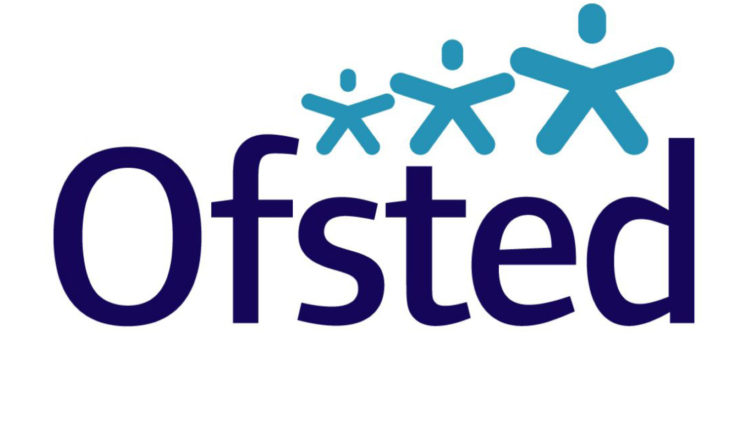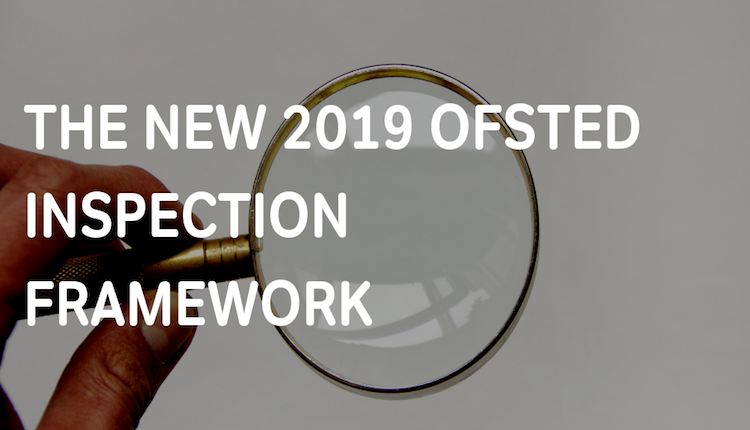Here are 6 takeaways from Ofsted’s 2023 report into history teaching.
6 Take Aways from Ofsted’s Report into History Teaching


Here are 6 takeaways from Ofsted’s 2023 report into history teaching.

So there seems to be some blather recently around the question: how do we decide what to teach in a curriculum? All of this got me thinking about curriculum design. We have blogged about this before and still stand by this to this day. However, I then vaguely remembered working[…]

Some people say knowledge is power. Others say powerful knowledge is power. But that is another debate. But how is the history teacher being controlled? We know we are being controlled by Ofsted. SLTs react to what they think Ofsted are looking for. This is then forced upon teachers through teaching[…]

So, Ofsted published some research recently which underpins their new inspection framework. It’s reassuring that they agree with us about what makes good assessment. The research states, ‘Teachers can use assessment to help them plan lessons, adapt lessons to measured gaps in knowledge and skills, and if necessary re-teach where[…]

As you know Ofsted are changing their focus. They are proposing they look much more closely at the quality of the curriculum in schools. Over the last two years, they have conducted 3 research projects in schools. Knowing what their findings here are is really helpful. We live in a[…]

If you were to analyse the frequency of words used in the proposed Ofsted inspection handbook (first use for January 2020), what do you think the three most frequent words would be? ‘Teaching’? ‘Learning‘? Maybe ‘Pupils‘? You probably wouldn’t be surprised to find that ‘school’ is the most common which appears[…]

Clearly, curriculum planning and implementation are rightly going to be a hot agenda item for any school/subject leader over the coming few years. This has to be a good thing. It is just depressing that in our accountability mad system, we have to wait for the lever/threat of Ofsted inspections[…]

So, how do you go about planning a broad and balanced history curriculum? Or to put it another way, how do you create a coherent curriculum plan? Well this has been on our agenda for years now. We have blogged about it before. Curriculum planning is going to be of[…]

As I said in my previous post, there has been lots of interest in history curriculum planning again. This can only be a good thing. Recently, Ofsted has viewed many of the schools they inspect as exam factories where pupils are taught to pass the test at the cost of[…]

Praise be! In the last few months, there has been lots of interest in curriculum planning again. Recently, Ofsted has viewed many of the schools they inspect as exam factories where pupils are taught to pass the test at the cost of a high-quality education. The latest Ofsted framework focuses[…]

We are all told how important feedback is. Written feedback especially. The research. The Education Endowment Foundation (EEF) research states “feedback studies tend to show very high effects on learning”. We know feedback is important. SLTs love looking for this feedback as they can make it part of their accountability[…]

The progress of pupil premium students has been a hot topic over the last few years, even for the humble history teacher. Arms length control The government have spent millions on this vulnerable group of students and want to see bang for their buck. This pressure has been passed down[…]

Yesterday I saw a tweet about marking which definitely made me happy. It cited Ofsted’s school Inspection Update Issue 8 and was written by National Director of Education, Sean Harford. He referred to the Teacher Workload Review Group on Marking (March 2016) and the Education Endowment Foundation (April 2016) which both[…]
Teaching historical Interpretations. If you want success at GCSE and beyond you need to think about how you teach what you teach and why you teach what you teach! Fact. This means developing a great Key Stage 3 curriculum and building on this into Key Stage 4. Recently Ofsted have[…]
Neil Bates and I have been working together from afar for many years. We have taught in different schools but have always met up to swap resources. However, we were lucky enough to have been working together in the same school. Poor Neil had me as his Head of Hums! We have[…]
Links to some useful case studies on the Ofsted website: Making the most of local history Meaningful history for all Outstanding history in 100 minute lessons Successful 2 year Key Stage 3
Ever wondered what is going on in the best practitioners classrooms at GCSE? How on earth do they ensure that kids make that beloved progress everyone is obsessed with without compromising on certain principles? What do people who set the exam papers think makes good history teaching? Are you concerned[…]